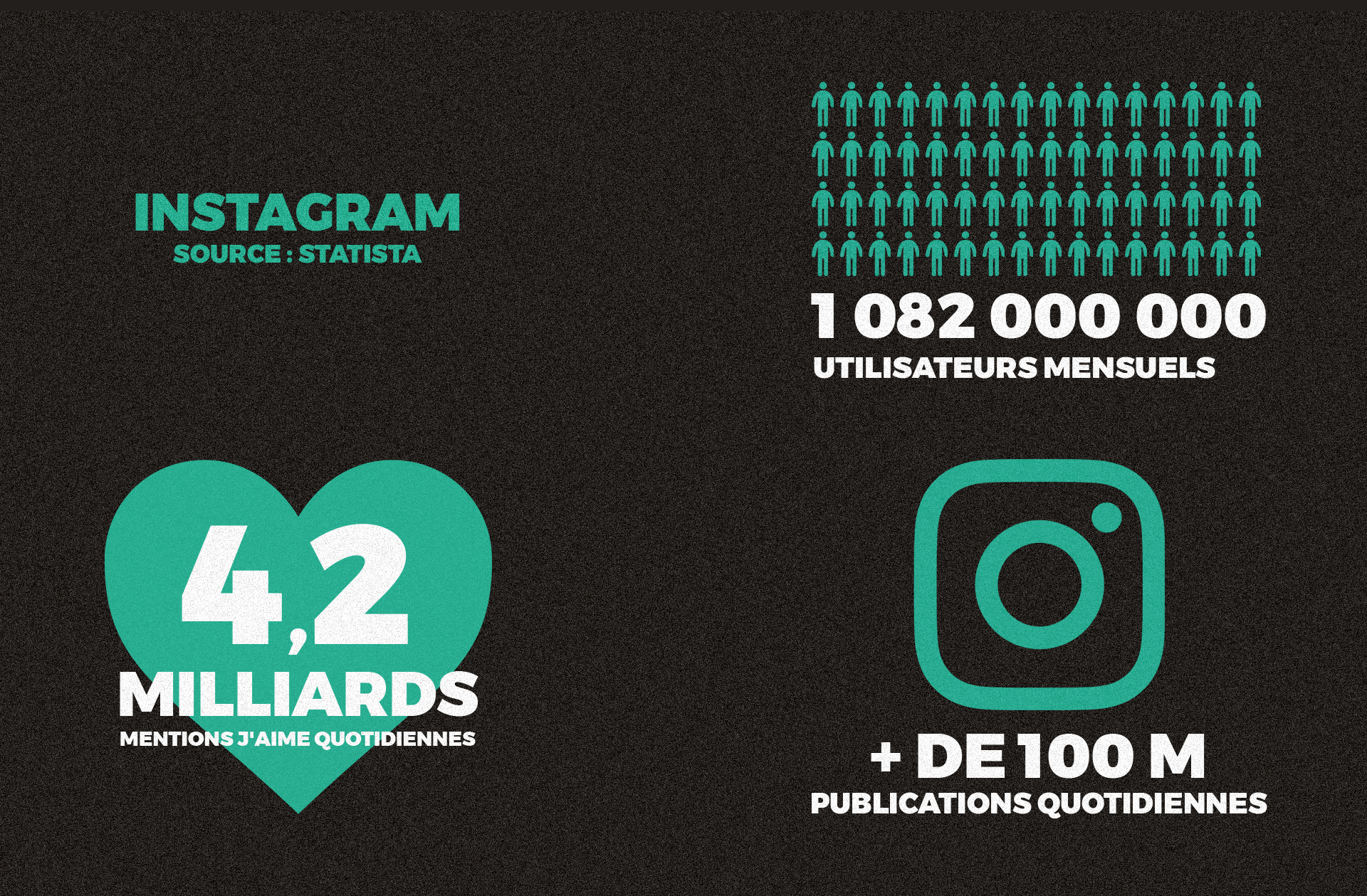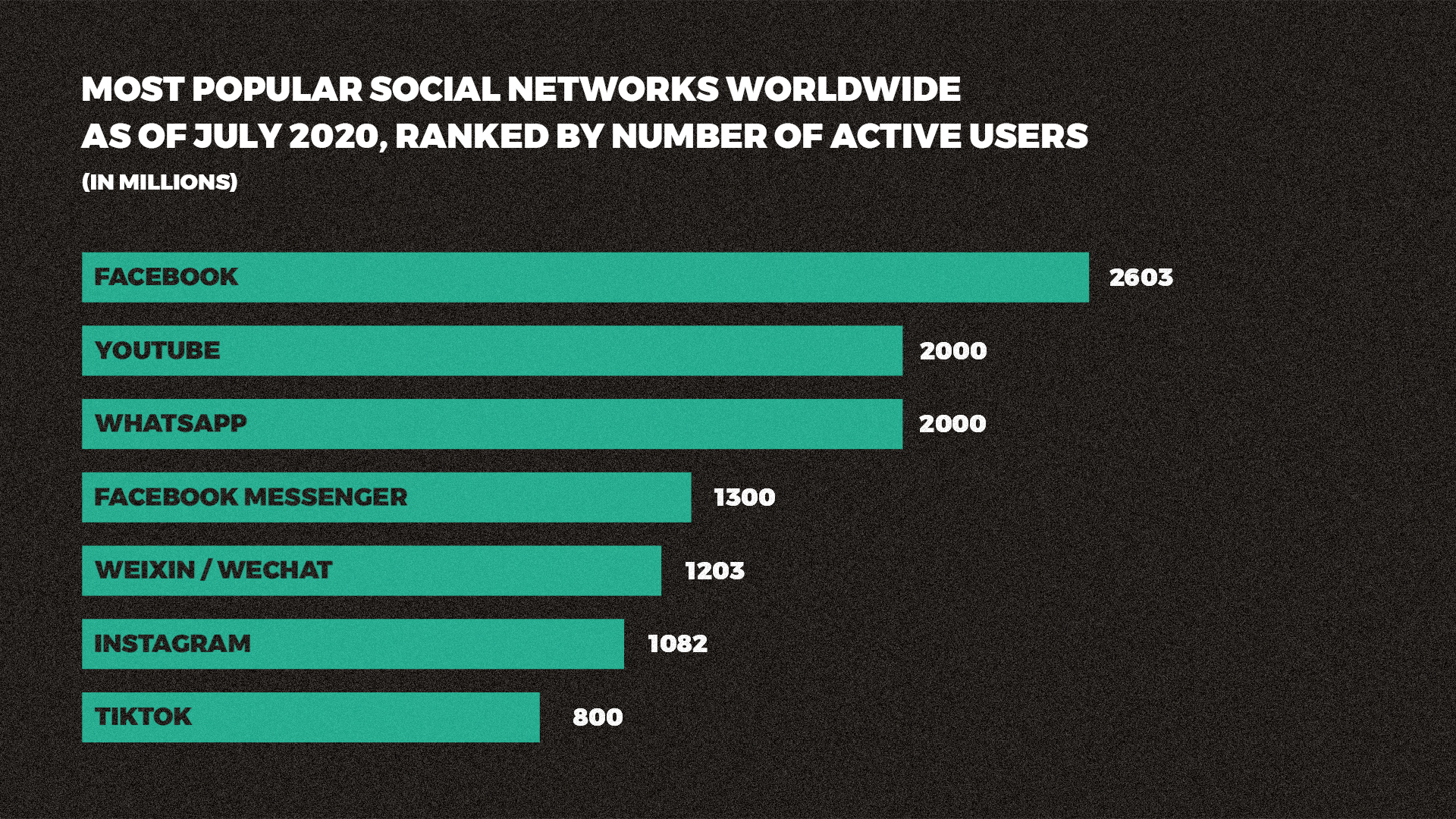The addictive effect
“I always felt like fundamentally it was a force for good, now I don’t know.”
Alex Roetter – Twitter Former Senior VP of Engineering
‘We were naive about the flip side of that coin.’
Tim Kendall – Former Pinterest President – Facebook Former Executive
As explained by the actors in the evolution of our favorite platforms, social networks can be the source of the best and the worst. Without knowing it, they have created a new form of generalized addiction that our generations did not see coming.
Already in 2018, an NBA star explained his withdrawal from social networks in an article in Bleacher Report. JJ Redick, from the New Orleans Pelicans, confessed to being completely dependent on his cell phone. For him, Twitter was a drug.
“It’s a dark place,” he said of social media. “It’s not a healthy place. It’s not real. It’s not a healthy place for ego” […] if we’re talking about some Freudian shit. It’s just this cycle of anger and validation and tribalism. It’s scary, man.”
Like almost all of us, Redick had his phone in his hand almost all the time.
“I hate to admit it, but anytime you’re at a stoplight and your phone is within reach? You pick it up. It’s become instinctual. Even if you put the phone down and walk out of the room, you’re always aware of where it is. It’s become an extension of you. That’s fucking scary.”
The reality described by Redick two years ago is still true… even more so. A few weeks ago, we were telling you about the surge in user-generated content on Instagram, especially in the skateboarding world. Young skaters were not hiding their desire to earn likes as fast as possible.
Your humble servant behind these lines is completely addicted to Twitter and Instagram notifications. Between the time I started this article and the time I’m writing these words, I went to see at least five times if I had any notifications on Instagram.
Take a break
One of the Canadian personalities who has been particularly touched by The Social Dilemma is skater Annie Guglia.
Very popular on all her platforms, Annie felt challenged. She sent us her comments.
“The three things that struck me about the documentary that really connected with me are:
1. The notification system that makes you become dependent on your cell phone without realizing it and, above all, without meaning to.
2. The fact that each person is presented with different facts online, so that you can’t even agree on the reality.
3. Tactics to keep us online are powerful and “steal time” from us, preventing us from living fulfilling lives and having deep relationships with our loved ones.”
On September 13th, Annie decided to slow down, especially on her personal social networks since she uses the web to promote her professional skateboarding career.
“Basically, I was spending so much time ”working” on the networks (3-6 hours a day!) that I wasn’t able to do the things that are really productive and/or make me happy in real life.”
Opt for controlled use
If it is always good to remain aware of what we are exposed to in our use, social networks are not just a rabbit hole that wants to exploit us, we also owe them many positive actions and practical uses on a daily basis.
Kevin Raphael is a TV and radio host. He has nearly 25,000 subscribers on Instagram and over 43,000 subscribers on Facebook. After being a victim of racism through social networks when he was hired at TVA Sports a few years ago, Kevin decided to take action.
“I simply disabled the notifications. I do what I have to do and what I want to do. If I feel like posting 10 times in a day, I do it… but I’m no longer looking for gratification, I’m no longer looking to please on social networks.”
So Kevin uses his reach on social networks primarily to help certain organizations. But no more invasive notifications!
And Kevin isn’t alone using this strategy. For most of the people interviewed (on social networks, what an irony), self-limitation is the key.
But users are not the only ones who need to think about their use of social networks. With all the reactions to The Social Dilemma, companies will certainly have to re-evaluate their web marketing strategy. Because even if the responsibility for our addiction lies with the web giants, we have the power to partially curb this dangerous trend.
Besides, we usually invite you to follow us on our social networks so that you don’t miss out on our activities… but this time, we’re going to save ourselves a little embarrassment. Instead, go play outside while there’s still time.

